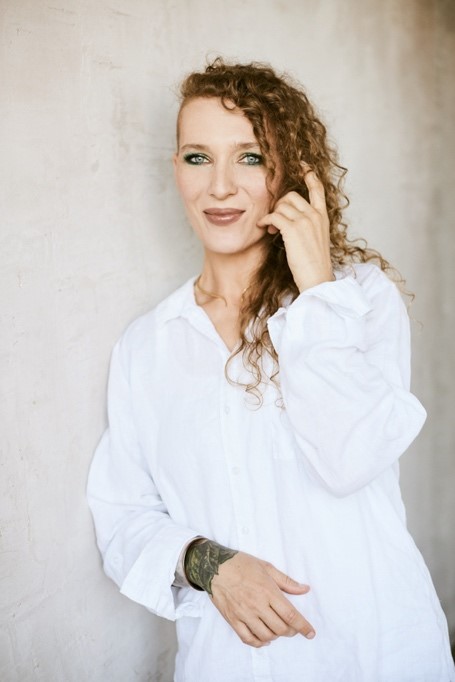I am especially interested in horses. I raised three of them.
Usually, in the natural horsemanship approach, it’s suggested to form a herd of an even number. That’s because horses are paradoxical in their nature; they choose to engage in a soulmate connection and attach to one horse chosen from the herd, forming a best friend bond. But also they orient themselves strongly in a hierarchical structure where they follow one leader, who has the most experience and earns the trust of the whole group. If they are unable to make a soulmate connection with one partner and are forced to live only in a hierarchical power structure, they show deep signs of longing, with changes in their health, character, and spirit, something observed in horses where they have the freedom to choose.
That’s why we often thought of having a fourth horse – but we did not rush to buy one. Slowly we were able to see how the horses could live in a dynamic of three, together as one, inseparable whole. Horses have taught me the foundations of health, inner rhythms, and the psychology of soul-relatedness. They’ve formed my strong trust in my intuition and body signals, taught me silence, patience in the unknown, to be able to wait, and to communicate without words.
My background studies and practice of psychotherapy include many years in Jungian analytical psychology. It’s known as the psychology of depths, something which formed my understanding of concepts and also left open a lot of space for discoveries of my own individuation.
Living so close to nature taught me essential freedom from any concepts and organizations.
